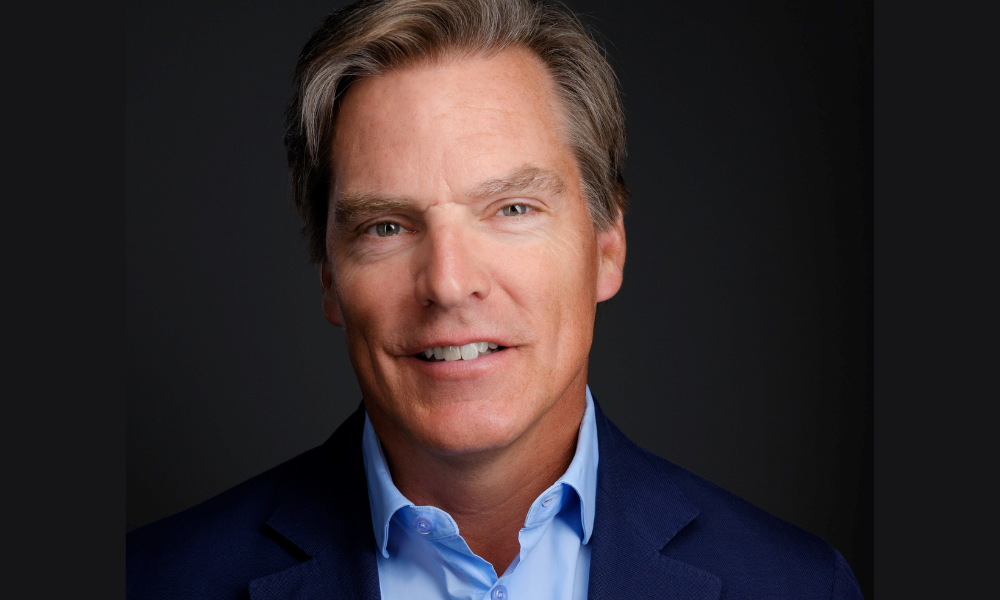A CFA Institute survey shows that advisors are having a hard time showing themselves to be trustworthy
A recently conducted poll among readers of CFA Institute Financial Newsbrief asked respondents to identify the biggest hurdles for private wealth advisors. The top concern, according to 43% of the respondents, was “winning and maintaining investor trust.”
The result is in line with an earlier study of global end-investors from the CFA Institute, wherein financial services was ranked ninth out of 12 different sectors in terms of trust. This also makes sense assuming that fallout still persists from the 2008 financial crisis. The distrust could also be attributed to income and wealth inequality, financial scandals, and scams – the last of which is exemplified by the developing story on Wells Fargo.
With all these factors eroding trust in wealth managers and investment advisors, what can be done to establish credibility among clients? “Training the end investor on behavioral gaps and the benefits of long-term investing are important areas to address,” said CFA Shreenivas Kunte, author of the commentary entitled Trust Deficit: Overcoming Wealth Management Hurdles. He also cited CFA Institute President and CEO Paul Smith, who noted that “a human touch and an ethical approach — one that embraces full disclosure, among other attributes – can also help bridge the trust gap.”
While the human touch can definitely be a differentiating factor – one which many point out is sorely lacking in the robo-advisor segment – setting oneself apart based on the ethical approach may not be that easy in the near future. Advisors in North America are facing increased regulation that seeks to protect the public interest. In the US, there is a movement towards implementing a fiduciary rule for advisors. In Canada, advisors face tightened reporting standards due to CRM2 requirements.
As ethical behavior is increasingly mandated, it should become the norm – assuming that advisors comply. There may be some question about that, however: “regulatory changes” were the second-biggest hurdle based on results of the CFA Institute’s survey, identified by 34% of participants as a concern. To improve effectiveness of regulation, the CFA commentary suggests that all stakeholders “work closely to create incentive structures that empower everyone involved to be long-term greedy.”
The other challenges identified in the survey were “investment adviser-client communication” (11%), “technological changes” (8%), and “retirement planning” (4%).
Related stories:
Is financial planning being sold short?
3 client experience areas every wealth manager should consider
The result is in line with an earlier study of global end-investors from the CFA Institute, wherein financial services was ranked ninth out of 12 different sectors in terms of trust. This also makes sense assuming that fallout still persists from the 2008 financial crisis. The distrust could also be attributed to income and wealth inequality, financial scandals, and scams – the last of which is exemplified by the developing story on Wells Fargo.
With all these factors eroding trust in wealth managers and investment advisors, what can be done to establish credibility among clients? “Training the end investor on behavioral gaps and the benefits of long-term investing are important areas to address,” said CFA Shreenivas Kunte, author of the commentary entitled Trust Deficit: Overcoming Wealth Management Hurdles. He also cited CFA Institute President and CEO Paul Smith, who noted that “a human touch and an ethical approach — one that embraces full disclosure, among other attributes – can also help bridge the trust gap.”
While the human touch can definitely be a differentiating factor – one which many point out is sorely lacking in the robo-advisor segment – setting oneself apart based on the ethical approach may not be that easy in the near future. Advisors in North America are facing increased regulation that seeks to protect the public interest. In the US, there is a movement towards implementing a fiduciary rule for advisors. In Canada, advisors face tightened reporting standards due to CRM2 requirements.
As ethical behavior is increasingly mandated, it should become the norm – assuming that advisors comply. There may be some question about that, however: “regulatory changes” were the second-biggest hurdle based on results of the CFA Institute’s survey, identified by 34% of participants as a concern. To improve effectiveness of regulation, the CFA commentary suggests that all stakeholders “work closely to create incentive structures that empower everyone involved to be long-term greedy.”
The other challenges identified in the survey were “investment adviser-client communication” (11%), “technological changes” (8%), and “retirement planning” (4%).
Related stories:
Is financial planning being sold short?
3 client experience areas every wealth manager should consider



